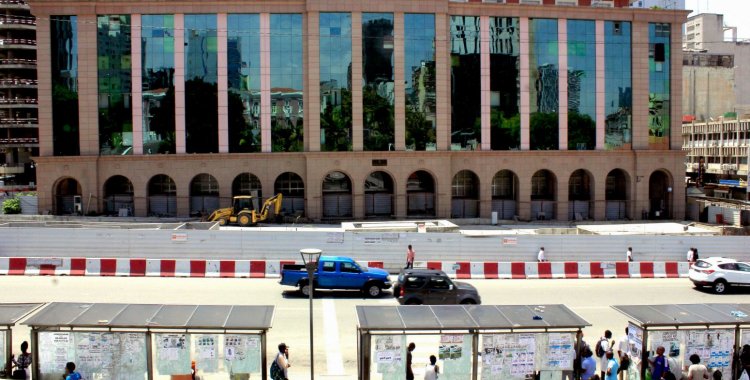"The budgetary space created by the Debt Service Suspension Initiative (DSSI) has been critical in ensuring that we have survived so far, and we hope it will be prolonged until 2021, which is why it is so important to speak to the International Monetary Fund (IMF) and ask all members to extend this relief period, which will be very useful for Angola and for the entire African continent ", said Vera Daves.
In the 'Conversation of Governors', in which he answered questions posed by the director of the African department of the IMF, Abebe Aemro Selassie, Vera Daves stressed that "all African countries face challenging moments, similar to those in Angola, with the economy under a lot of pressure" and added that "it is necessary to look at Africa as a fundamental partner that needs support to survive this moment and face the challenges of development, inclusive growth and social inclusion".
For Vera Daves, the extension of the DSSI "would be very useful, not only to give more budgetary space to breathe, but also to buy time to review and update the medium-term debt strategy, finding with creditors a win-win solution. parties and to manage debt during these times ".
In the conversation he had with the director of the African department of the IMF, who recently approved the disbursement of US $ 1 billion under the third review of the financial adjustment program, which was increased to a total of US $ 4.5 billion, Vera Daves relativized the rise in the debt to GDP ratio and promised to "use wisely" the funds made available by the Fund.
"The stress in the Treasury is significant due to the depreciation of the kwanza, this is what caused the debt to GDP ratio to rise very significantly", which the IMF places at 120.3 percent this year, and down to around 70 percent in the next five years.
"Angola really needs that support [from the IMF], and our main focus regarding these funds is to protect the social sector, to hire doctors, to put them to work in different parts of the country, to make our hospitals capable of receiving more people, and bet on schools, where we have basic needs and we can’t leave the kids away from school any longer, "said the official.
"These IMF funds are very important and we intend to spend them very wisely," concluded the Minister of Finance.







